Ambivalence about Huntington Park overnight parking measure
Some don’t want to pay more while others say they need to have a reserved spot
The Huntington Park Overnight Parking Pass Program is a measure that would give residents overnight reserved spaces to park their vehicles in residential areas throughout the city.
Several sources interviewed say the most common problem they face on a daily basis is finding a parking spot in their neighborhood in the city of Huntington Park, with a population of 54,237 residents.
Supporters say that this measure would allow residents to have their own reserved parking spaces instead of having to drive around and hope they get lucky finding one nearby.
“It is hard to find parking as it is, and there are an enormous amount of people with extra cars they barely use and they are parked all week long in the same spot,” said Leonardo Amatto, a Huntington Park resident. “Also, there are residents who have a great amount of space in their homes for their cars but they prefer to park the cars on the street. Why would you leave your car on the street if you have a garage for it or enough space to protect it from any kind of mishap on the street? This boggles my mind.”
“I think it’s a good idea,” said Laura Ichimura, 55, Huntington Park stay-at-home mom. “I used to live in another city, Laverne, and they had the parking-paid-for parking. And we could pay a fee per month to park our cars on the street, or if it was a nightly thing you pay per night. What did help was that we didn’t have as many cars parked on the streets. It forced people to park in their driveways and forced the streets to be better-taken care of.”
Meanwhile, opponents are skeptical whether the measure will really help improve parking — or if it’s just another way for the city to receive more money from residents.
Martin Mendes, 58, a Huntington Park resident, shared his concerns about residents funding the parking permit program.
“I’m both for it and against it. I’m for it mainly because if you have a lot of people moving into Huntington Park, you get a parking space. I’m against it because what happens if you have an influx of residents who paid for this and now those reserved spots are taken? And [that means] you pay for this and you have to park further away. We, the residents, have already paid for [things like parking] in our property taxes. So why is the city trying to charge us more money? And then Huntington Park is not a rich city,” Mendes said in an in-person interview. People living in Huntington Park aren’t making what people make in the city of Los Angeles. So, to me, it’s just trying to get more money out of the residents.”
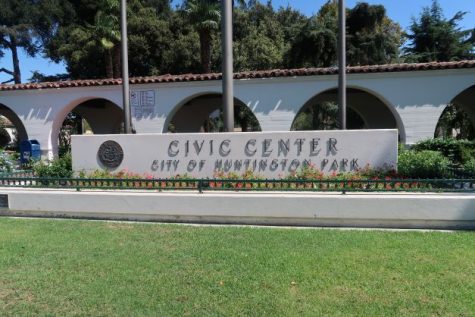
Sarah Culp, a retired Huntington Park 80-year-old teacher, expressed her opinion on why implementing a parking program would give residents back their available space.
“For example, some people park on the street and leave their car and then they go to work or they park on the street and they leave their car and they go someplace else. And then when you go to visit your family or if you go to see somebody for some kind of business, you have no way of parking to go and see them” said Culp.
City Clerk Eduardo Sariento provided information but did not say how much the fee could cost residents. The measure summary says that the “fiscal impact will be minimal because permit fees will offset the [city’s] costs of processing the permits.”
Revenue generated from the program would help with repairs made to damaged streets and other things the community might need, according to the text of the measure.
Some opponents said they know that a city-wide parking program is needed to help residents find parking spots in their area, but that the measure should be reworked to benefit both the city and residents.
“If the city wants to make money off public parking, then put parking meters in front of local businesses,” Mendes said. “That way, the city can make money off of whoever parks in front of businesses, and then the city can use the money they make from the meters to help fund the parking program.”

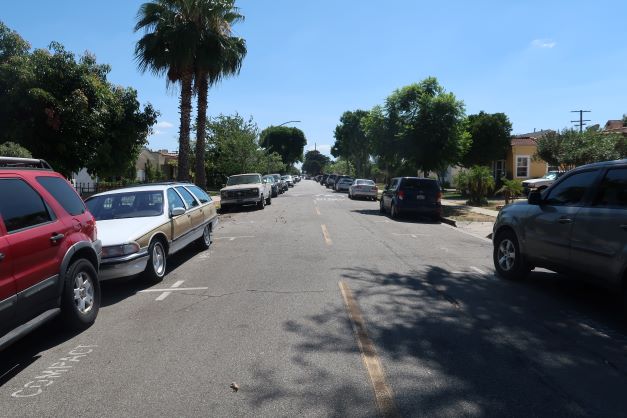



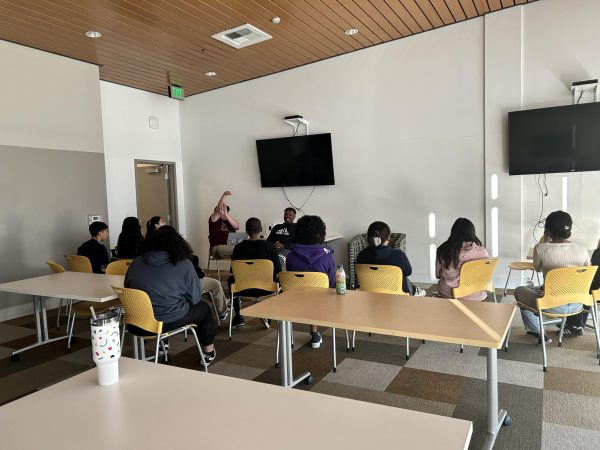

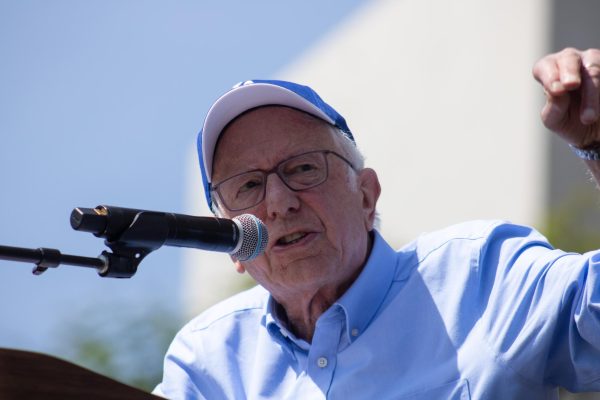

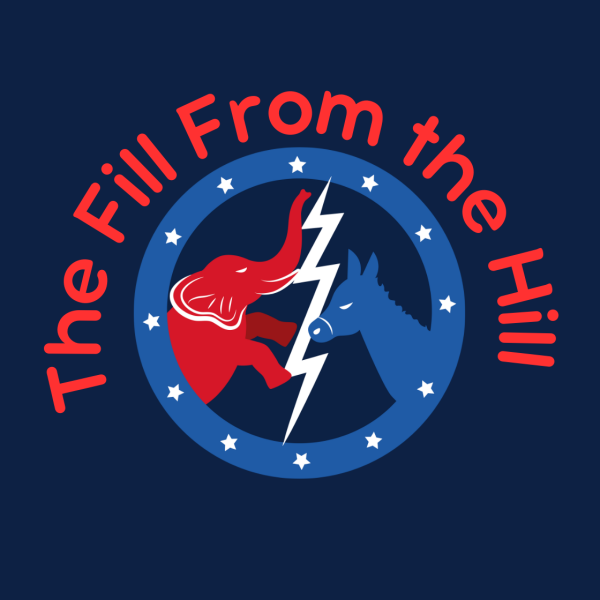

Miguel • Nov 25, 2022 at 2:26 pm
I also live in Huntington Park and do struggle with finding parking when I come home from work. It is lovely to see that the city is attempting to help residents find parking spots near their homes. However, I think the big issue is that people double park to save multiple parking spots. It is frustrating to see because on my block there is more than enough parking for everyone but because of people taking up more than one parking spot it causes others to drive around many blocks away or even causing them to park illegally.
Stephanie • Nov 9, 2022 at 8:24 am
I live in Huntington Park. On my street we have cars who park in front of fire hydrants, in red zones and I have yet too see parking enforcement cite these cars. How is the city supposed to enforce this new measure when they can’t even enforce parking violations now?
Jesus • Oct 16, 2022 at 9:40 pm
I don’t think this is a good , there is no benefit fir the average resident. The city is just trying to take more hard earned money out of the people, especially during this hard economic times…NO on this bas idea.
William Watson • Oct 15, 2022 at 3:02 pm
At a Time of Rapidly Rising Inflationary Costs of Everything We Need and Use, aalong with Price Gouging of Gasoline, and numerous other Items, a parking charge, per Night, or by the Month, only adds to the Stress and Financial Burdens of Huntington Beach Residents… These Residents are already Cutting Back on Expenditures, as it is… Most stay Home as much as possible to keep Costs DownMost are Barely getting By, Month to Month, as it is… A Great percentage don’t even have Jobs to Support their Lifestyles, the way they were used to. The City Needs to Find other options to Generate Money, and let the Residents Live in Peace… Stop the Harassment, and Money Grabs… It is Hard Enough to Keep Our Heads above Water, as it is..!! Many Residents are actually on the Verge of Homelessness… People are Financially Strapped… Don’t Push them over the Edge… Have at Least, a Little Compassion… Stop the Greed…